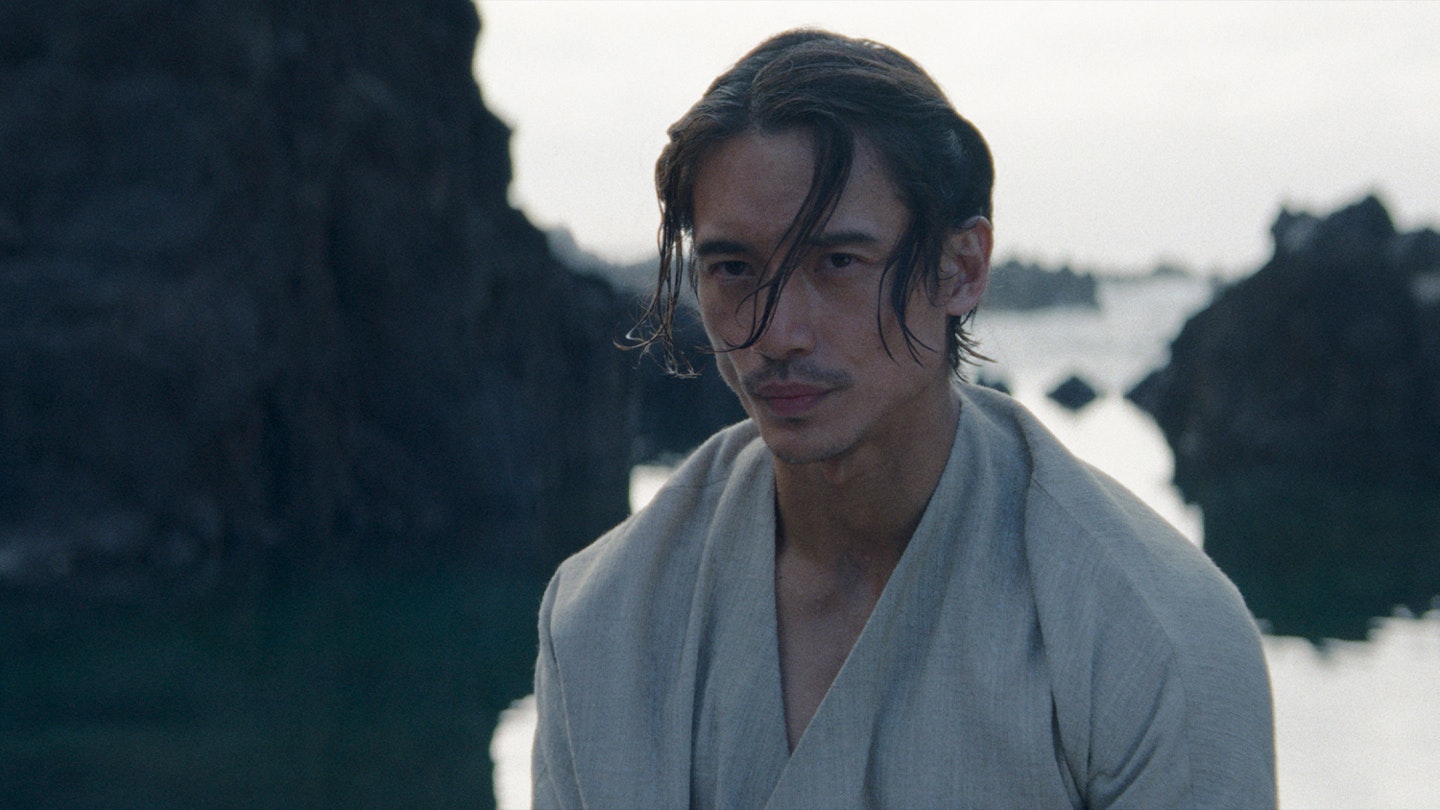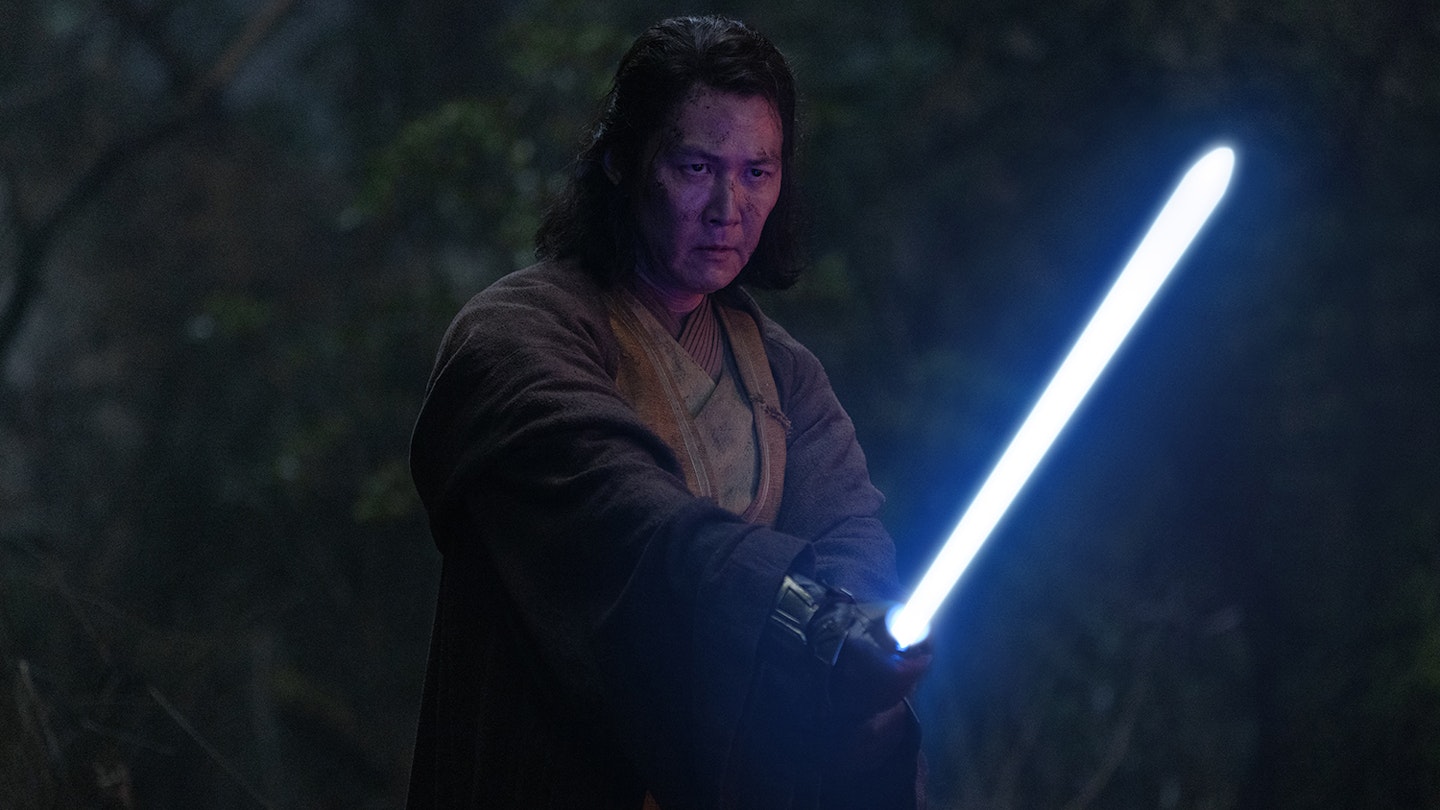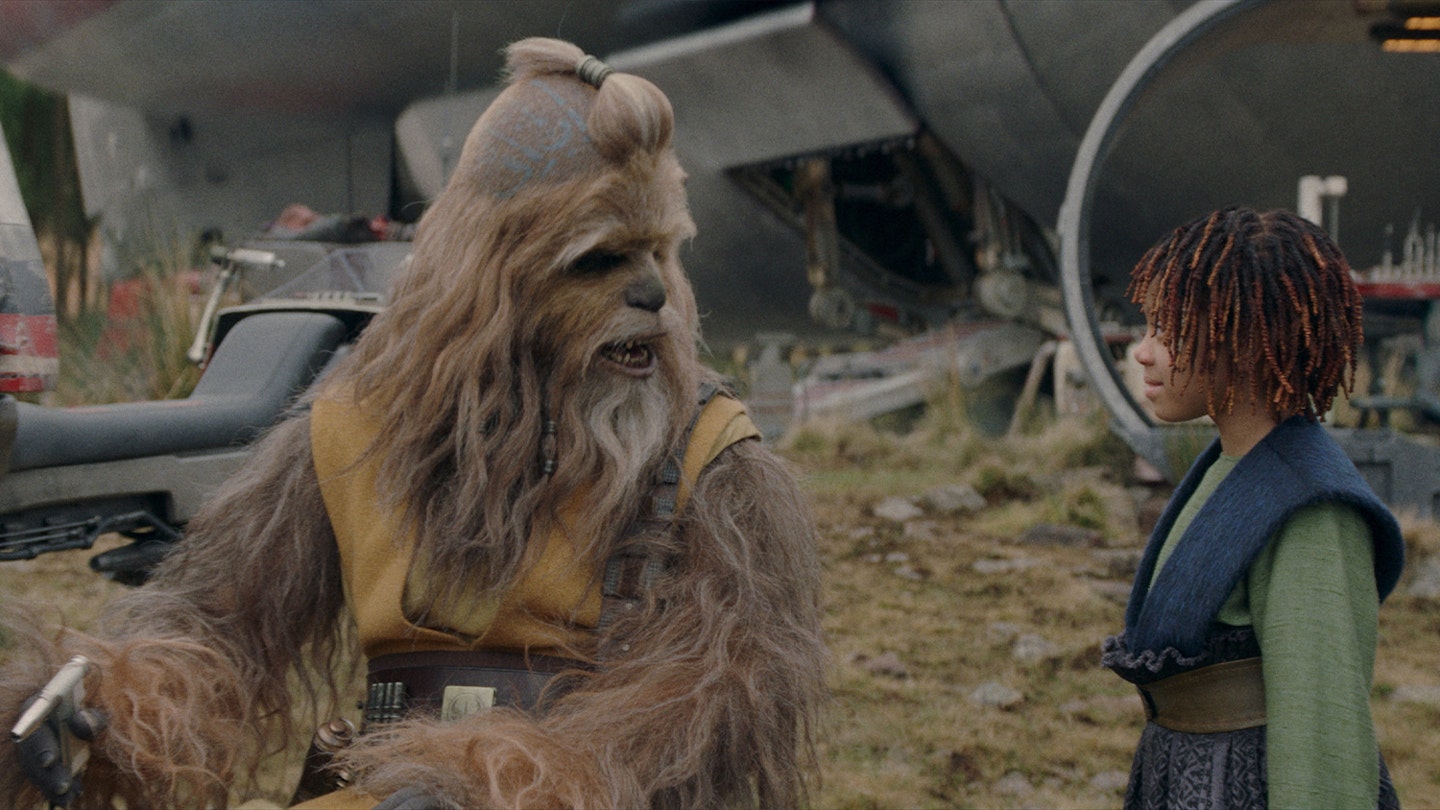In Star Wars, there’s always been more than one side to the story. When Luke Skywalker confronted Obi-Wan Kenobi’s Force Ghost in Return Of The Jedi – having learned that his father is Darth Vader and not, as Obi-Wan previously claimed, a man killed by Darth Vader – the Jedi Master delivered a sly retort: “What I told you was true… from a certain point of view.”
No Star Wars story has dug into the idea of a ‘certain point of view’ quite like The Acolyte – the all-original High Republic-era series devised by Leslye Headland, in which a Jedi cover-up spawns disastrous consequences for all involved. Across its first – and now only – season, the show presented a series of shifting viewpoints on a situation with no clear-cut answers; just flawed people making flawed decisions, whether Jedi or Sith(ish) or something in between. It was a unique storytelling mode for the galaxy far, far away, expanding upon the brief Rashomon-esque Luke-and-Kylo flashbacks in The Last Jedi to deliver a multifaceted story boasting stark revelations; critiques of the Jedi Order; a sympathetic view of the personal betrayals that might draw an individual to the dark side; and real, personal pain. That pain is now felt by The Acolyte’s acolytes: the show will not return for Season 2. It feels like a massive mistake.

For fans, there’ll be a real sense of unfinished business. While Season 1 reached a satisfying point in its cyclical character arcs – ‘sisters’ Osha and Mae had, effectively, switched places on the scale of light and dark, inverting the board with which the show began – there are major questions posed for a potential Season 2 that will remain unanswered. Who, exactly, is the Stranger, the mysterious masked baddie? What exactly was his fractious former relationship with Master Vernestra Rwoh? How does the briefly-glimpsed Sith Lord Darth Plagueis impact the Stranger and Osha’s story? And how would Yoda have responded to Vernestra’s decision to cover-up the cover-up? Unless the remaining story is told in another form – novels, perhaps – we’ll never know.
The Acolyte would, undoubtedly, have picked up more viewers discovering it at their own pace.
This is unusual in Star Wars storytelling. Rarely has a story been started that isn’t either finished or later woven back into the wider narrative – arguably, Solo: A Star Wars Story might have spawned additional sequels (a Lando spin-off with Donald Glover has been circling in development for a while), but films are finite. A series without a definitive end is left dangling. The very genesis of The Acolyte came from a desire to expand beyond the much-explored Skywalker Saga timeline, rewinding 100 years before The Phantom Menace to cultivate a new era – as a result, it’s unlikely that the questions unresolved by The Acolyte Season 1 can be tied up on-screen elsewhere. At least for now, it’s its own corner of the galaxy.
That idea – to present something entirely new within George Lucas’ world, not drawn from the animated series or connected to a previous film – was one of the biggest reasons for audiences to be excited by The Acolyte. It was also, always, going to be a tougher sell. Sure, its array of Jedi characters allowed for plenty of lightsaber-centric marketing – but it didn’t have a Baby Yoda to capture the hearts of Star Wars agnostics; nor did it have a character like Ahsoka with its own built-in audience; even Andor spun off a character (admittedly not one people remembered particularly fondly) from the $1 billion-grossing Rogue One. According to Deadline, it was the viewership for The Acolyte that resulted in it not being renewed – it had the lowest-viewed finale of any Star Wars series so far. Regardless of any opinion on the show itself, is that really a surprise, given the lack of name recognition? Should season finale numbers be the measure of success for any Star Wars project going forward? A series like The Acolyte would, undoubtedly, have picked up more viewers discovering it at their own pace on Disney+.
The worry here is that Lucasfilm – or the Disney overlords – may be more hesitant to move ahead with original Star Wars stories down the line. The Acolyte was a risk, extricated from the Skywalker Saga. And it took narrative risks too: its unusual structure delivered two equal-and-opposite flashback episodes at apposite points in the season, each illuminating contrasting viewpoints on its central conundrum; in Lee Jung-jae’s compelling Sol, it gave us a Jedi Master character to put your faith in, only to have you, resignedly, root for his demise in the finale; it dared to take several cast members off the board in an astonishing mid-season brawl. And it offered things we’d never seen before in Star Wars too: a Kyber crystal being bled in real-time; a possessed Wookiee Jedi fighting his friends tooth-and-nail; Cortosis armour with the ability to de-power lightsabers mid-fight. For a franchise caught between being reverent to its own near-50-year history and trying to forge a new future, The Acolyte was hell-bent on accelerating both.

There are concerns, too, that The Acolyte ending abruptly will – inadvertently – embolden the darker side of the Star Wars fandom. It’s undeniable; they exist, loud in voice, probably smaller in number than their presence suggests. But before a single frame of The Acolyte had emerged, they were perpetuating a narrative against the show. That it was ‘woke’ (whatever the hell that actually means), that it would be the end of Star Wars, that it was anti-George Lucas, that it was going to ruin the Jedi. The show’s mere existence (before it actually existed) caused ire in the worst corners of online discourse. These are not people who watched the show and didn’t like it (a valid response for some viewers). These are people who didn’t like it before they’d even seen it. It won’t be the intended effect, but those obnoxious and unwelcome voices will only feel vindicated by The Acolyte’s premature ending.
A cultural force like Star Wars can’t afford to be one that lets its fans down.
Meanwhile, those who did support the show are the ones being let down. Fans are not entitled to art; artists are not beholden to their audiences. And yet, Lucasfilm getting behind The Acolyte was a statement of intent: there was a story that demanded to be told here, and it would introduce Star Wars fans into something fresh and new. Not renewing the show for Season 2 feels like a refusal to commit to that story; a creative backing-down, leaving viewers’ personal attachments to the ongoing narrative unfulfilled. Sure, The Acolyte – like any Star Wars series – is an expensive proposition (reportedly $180 million). But the financial investment isn’t just in creating the show itself; it’s in fostering fans’ trust and attention and imagination for the long road. A cultural force like Star Wars can’t afford to be one that lets its fans down.

The disappointment, then, is seismic. Which doesn’t take away from what The Acolyte Season 1 gave us. It presented a refreshing take on a galaxy we’ve long come to know; some of the greatest fight choreography in the franchise; connections to deep Expanded Universe lore; a big-screen representation of (the end of) the High Republic; Trinity from The Matrix using Force-fu. Hopefully, in time, more fans will appreciate what The Acolyte achieved – or, at least, strived for. Opinions on Star Wars rarely remain static; this is the way. But like those decisions made by the Brendok Jedi, the choice to end The Acolyte here is flawed; perhaps fatally so. Here’s hoping it doesn’t send more Star Wars fans to the dark side.
The Acolyte is streaming on Disney+
